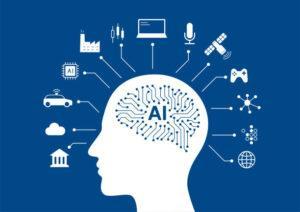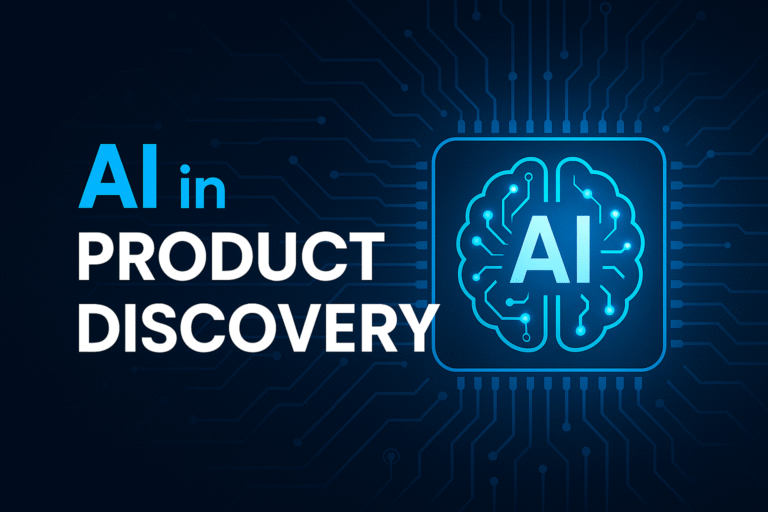Introduction:
In this post, we’ll see some of the most effective ways that retailers are incorporating artificial intelligence into their online shopping operations.
AI is beginning to permeate every arena of our lives. Artificial intelligence can be found almost everywhere, from self-checkout cash registers to improved security checks at airports.
It’s widely expected that AI will accelerate in the next few years to come, with companies like Google and Microsoft already spending exorbitantly on new AI programs.
Major companies like Facebook, IBM, and Yahoo have already stated that artificial intelligence will be a new revenue source. If you search for ‘Artificial intelligence on the internet, you’ll see hundreds and thousands of articles predicting a market ruled by artificial intelligence.
And according to a Business Insider report, by 2020, up to 85 percent of customer contacts will be handled without human intervention.
Many e-commerce companies are already utilizing AI to better understand their clients, create new leads, and improve customer service.
Understanding Artificial Intelligence
Artificial intelligence (AI) is a terminology used to refer to the intelligence of a machine. Artificial intelligence is a broad field of computer science that focuses on developing intelligent machines that can execute activities that would normally need human intelligence.
To put it differently, machines can replicate human intellect by being able to: Take decisions, make predictions, learn and solve issues on their own.

Siri, Alexa, and other smart assistants, self-driving cars, Robo-advisors, conversational bots, email spam detectors, and Netflix suggestions are all examples of artificial intelligence.
AI isn’t just about the code that runs a program; it’s also about the data it collects and processes along the way. Artificial intelligence, in terms of its role in e-commerce, is a tool that can assist you in managing your entire online store.
Artificial intelligence has many advantages, some of them include:
- Increases efficiency and optimum utilization of resources: By assisting in the automation of particular areas, time and resources are saved. Chatbots (virtual store assistants), for example, handle user inquiries on our behalf.
- Aids in the reduction of errors: by outsourcing some duties to AI, many errors are eliminated. After all, as the phrase goes, “to err is human,” thus machines can compensate for this.
- Enhances the user experience: It does so by providing one-on-one attention and a customized shopping experience to potential clients. Users will feel more at ease in our shop as the navigation gets easier and more convenient.
- Improves conversion: By increasing the user and customer experience, the chances of making a sale rise.
How Does Artificial Intelligence Work?
Jeremy Achin, CEO of DataRobot, opened his keynote at the Japan AI Experience in 2017 by giving the following characterization of how AI is used today:
“Artificial intelligence (AI) is a computer system that can do tasks that would normally need human intelligence… Many of these artificial intelligence systems are based on machine learning, while others are based on deep learning and yet others are based on mundane things like rules.”
How Artificial intelligence can help e-commerce increase sales?
A tailored shopping experience:
A “personalized experience” is one of the first things that comes to mind when discussing artificial intelligence.
As it turns out, artificial intelligence is capable of effectively segmenting customers based on their shopping habits. This means we can provide each potential customer with unique and personalized content based on their preferences. One example of this is product recommendations. AI can determine which products a consumer would be most interested in based on their search history and how they travel through your website.

Assume we wish to purchase a tennis ball. we perform a search to see what’s out there. What will the AI do next? It is assumed that we are interested in tennis-related products based on our search.
We’ll see a variety of tennis equipment if we scroll down to the recommended products. This allows you to build relationships with your customers and anticipate their needs (which gives you more cross-selling opportunities).
User experience (UX):
You cannot attend to consumer inquiries 24 hours a day. Tools, on the other hand, do not work in shifts. It’s a very effective helper who will always be available immediately, at any time. The best example is chatbots or virtual assistants.

Chatbot customer service is the most popular AI tool in use today, according to a 2020 MIT Technology poll of over 1,000 company leaders. Take a look at Food spring, which specializes in sports nutrition. When questioned about muscle-building supplements, their virtual assistant responds with relevant blog entries.
It’s more than just a set of automated replies. Users can ask chatbots questions in a variety of ways, and they can engage with them in the same manner that a human person would.
Voice searches:
According to Gartner, stores that use visual and voice searches increase their sales by 30%. Voice searches are soon becoming the standard.
The reason for this is that an increasing number of people prefer to do their searches orally rather than typing them. Various technologies can assist you with this, such as Google Assistant, which allows you to ask Google questions without having to type anything

Apple’s Siri and Amazon’s Alexa are two more well-known voice assistants that have become part of users’ daily lives by answering voice searches and communicating with them. Because they make navigating easier, these technologies have the potential to help increase sales on any e-commerce. This post on Voice Commerce may be useful if you want to learn how to integrate and facilitate voice searches into your online store.
Artificial intelligence and the Future of Online Stores (Bonus):
According to Statista, revenue in the AI business is predicted to increase by 54% from 2019 to 2020.
This just serves to demonstrate how artificial intelligence is gaining popularity in the digital world – and e-commerce is no exception. The usage of platforms like Acquisio to automate traffic-generation campaigns is an example of this. Artificial intelligence is used in this technology to optimize marketing strategies. But how do you do it? AI, on the other hand, analyses patterns in real-time while analyzing fluctuations in the CPC (cost-per-click), allowing campaigns to be optimized for the best return on investment.
AI can help you with more than simply your planned duties. Machines not only process orders but also form associations and understand data to provide you with solutions.
Artificial intelligence, as you’ve seen, is far more than the standard pre-defined responses we’re all used to.
It can make connections and create personalized content as smart technology. It can also gain knowledge from engaging with other customers. If you haven’t implemented it, after reading this article, you might want to give it a try. It has the potential to increase conversion and set you apart from the competition.




